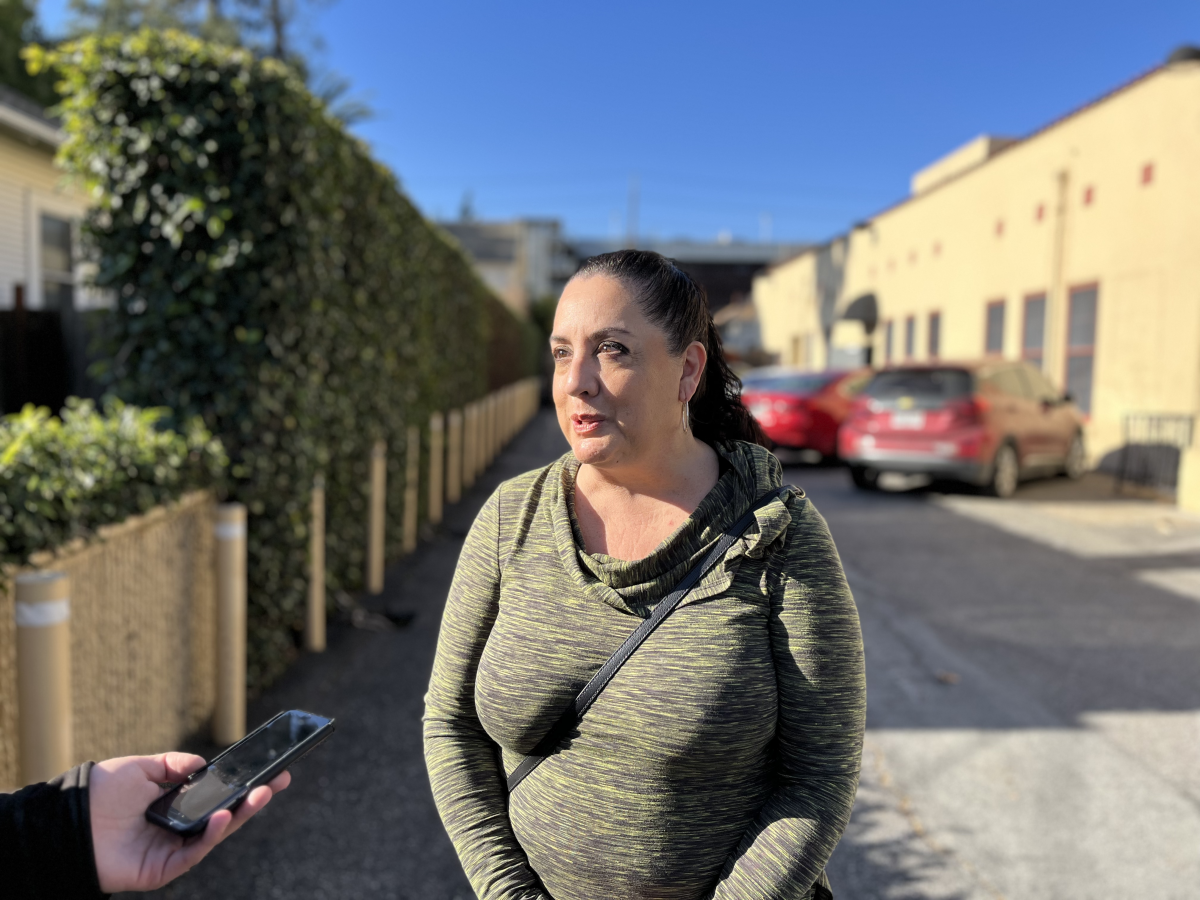The San Jose non-profit organization Farmworker Caravan and local volunteers met at the San Jose Woman’s Club on Jan. 25 to gather food and supplies intended for farmworker families who have been displaced from their lands over the past weeks.
One of the causes behind the displacement these families face is the California Terra Gardens farm shooting in Half Moon Bay, where 66-year-old farmworker Chunli Zhao killed seven people, on January 23, according to a Thursday New York Times article.
Darlene Tenes, the founder of Farmworker Caravan and director of diversity and inclusion at San Jose Woman’s Club, said they collected different products and supplies to meet the farmworker families’ needs.
“There were a lot of families that lived on that farm,” Tenes said. “So there have been about 40 families that have been displaced at this moment, and they have not been able to return to their homes . . . because of the police investigation.”
She said those people do not have access to their food, clothes and money.
“We do have some people who have stepped up to provide some warm meals for them,” Tenes said. “We’re collecting other goods for them where they don’t have to cook or heat it up, and then, we’re collecting clothing as well.”
In addition to the Half Moon Bay shooting, the storms hitting the Bay Area during the first half of January caused flooding to occur in the region with significant impact to farmworker families and their land.
“They’re going through this traumatic experience with not just the shootings, but also with the floods that have taken away many of their livelihoods right now,” Tenes said.
Costanza Rampini, environmental studies assistant professor said California has always had atmospheric reverse events alternating cycles of dry and wet weather.
“The concern recently was that we were in a constant dry cycle, and we weren’t really getting any big rain events since, you know, the main the mega drought that really started in 2011 or 2012 and was like broken a little bit in winter 2016,” Rampini said.
She said when the soil has already absorbed all its water capacity, it can’t absorb any more water.
“So the water is just flowing into streams. It’s flowing down cement driveways, it’s creating new pathways into rivers and eventually into the Pacific Ocean,” Rampini said.
Environmental studies graduate student Jamsheed Mistry said starting in the 20th century, throughout the processes of urbanization and industrialization, the numbers of farmers significantly decreased.
“Farmers have basically become less than less, but they’re expected to produce more and more, because the population is just growing,” he said. “So, although the population of farmers is going down, the global population is going up.”
Mistry said farmers are stationary, and they belong to their lands because they cannot move their crops, making floods a significant problem for them.
Tenes said some of those farmers’ fields may not be dried out for three months.
“When a farm worker doesn’t work, a farm worker doesn’t get paid, and they can’t feed their children,” Tenes said.
However, this was not the first time Farmworker Caravan supported farmworkers and their families.
Starting from April 2020, the organization has provided emergency supplies to California farmworkers while they were working during heatwaves, wildfire smoke and the COVID-19 pandemic, according to the Farmworker Caravan webpage.
Tenes said beside the current problematic situation, farmworkers face a significant amount of daily stress, because of their documentation status and working conditions.
“They’re working full time – 40 to 70 hours a week, and they’re living in poverty,” Tenes said.
She said despite the difficulties farmworkers face, they play a fundamental role in today’s society.
“There’s not a single person in America that does not benefit from a farm worker,” Tenes said. “All, every single product that you have in your home, no matter how packaged in plastic it has over it, at some point was touched by a farm worker.”






































